Jason Goodwin: The madness of Gallipoli, and the British officer ordered to fight the men who once honoured him
After years of regular visits to Turkey, Jason Goodwin finally makes it to Gallipoli where he is humbled and sobered by the experience.
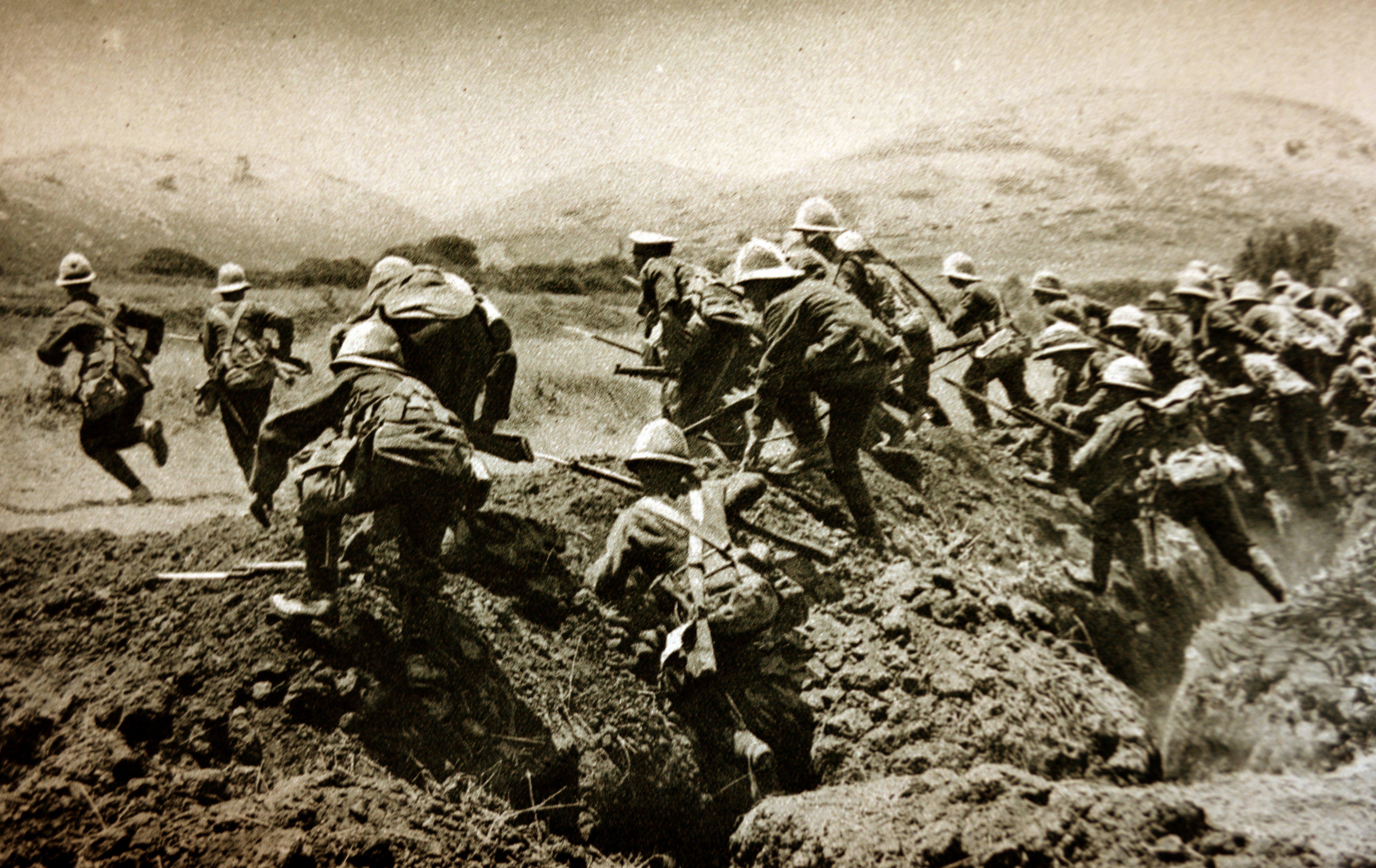
With my friend Barnaby and his brother David, I went to Gallipoli in Turkey at last. Barnaby runs Eland, which publishes travel books, and he says that it’s going to a place that makes you sit up and take an interest. You get there and all the random scraps of memory and history come together, fastening on your experience of the place in a way that means you never afterwards forget.
We stopped at a shallow bay, with an Ottoman fortress to our right, and followed the village street past the ruins of a medieval Turkish baths, summer houses with a view of the straits and the plains of Troy beyond. A sleeping dog opened one eye. At the top, we reached a tomb dedicated to Lt-Col Charles Doughty-Wylie.
Unperturbed by the presence of a battlefield tour group, Barnaby stepped over the rope to lay wild flowers on the grave. Everyone eyed him with respect. An Australian lady asked if he was related. The tour guide deferred and Barnaby, who knows much about many things, filled us in.
On April 26, 1915, the same stroll from the beach to the hilltop had earned Doughty-Wylie a sniper’s bullet in the face and a posthumous VC, one of 38 awarded in what the Turks call the battle of Çanakkale. It was a second front opened by Churchill in 1915 to break the stalemate in the trenches in Flanders and a rotten decision, like so many of his decisions, which he later bitterly regretted. First Sea Lord Admiral Fisher resigned in protest over it and more than 100,000 men died.
'No-one had thought to separate families into different regiments, so bands of brothers were killed in the same engagement in an afternoon'
The Turks mined the narrow straits. Three navy ships sank before the British abandoned hope of forcing the mouth of the Dardanelles. The first landings were made without cover, under a barrage of guns. Many soldiers never got further than the water. Doughty-Wylie led the charge up the hill because, after 24 hours on V Beach, he was the most senior officer left alive to do so. He was 46.
In those early days of the war, no one had thought to separate families into different regiments, so bands of brothers were killed in the same engagement in an afternoon. Later that day, we read their names, inscribed so carefully on the memorials that were put up where they died. They came from Dublin, Lancashire, Westminster and Scotland, from Australia, India, New Zealand and Nepal.
The Commission graves bring a lump to the throat. It seems so small, the place where so many died and were wounded. Half the Allied troops were casualties of one sort or another. Turkish losses were even worse.
Exquisite houses, the beauty of Nature, and how to get the most from your life, straight to your inbox.
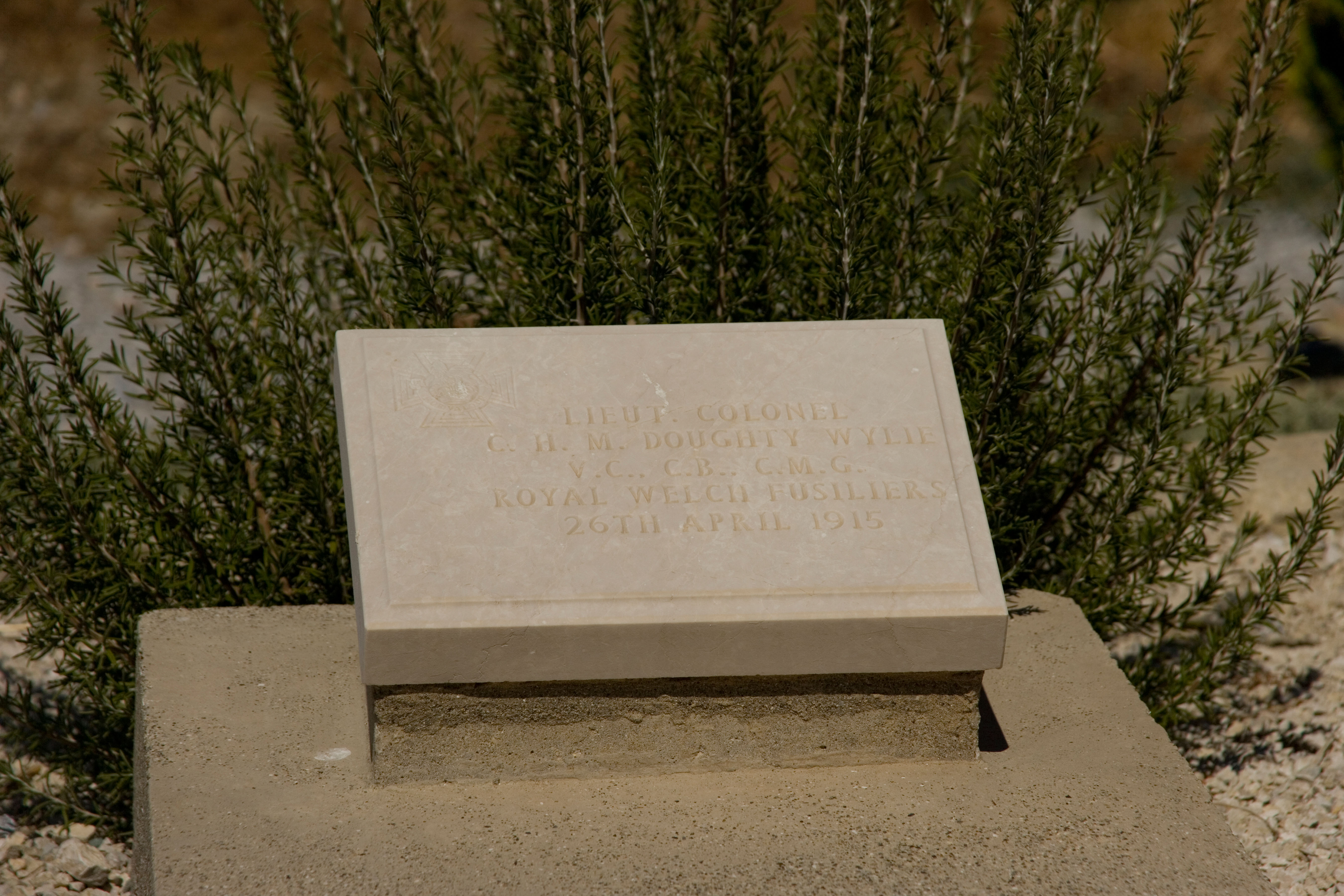
At a village museum, signalled by a ziggurat of shell cases, we examined a cabinet of curiosities assembled by people who farmed and dug the earth and brought up spadesful of shrapnel and buttons. The collections were housed in glass cases, but the exhibits themselves were displayed in shallow cooking trays, the sort you might use to make a moussaka or a shepherd’s pie: trays of bottle tops, tins of brass belt buckles.
One case was devoted to bullets and shells that had collided and fused together in mid-air. Another stainless-steel tray held a collection of pink Edwardian dental plates, studded with false teeth. Most of the buried ordnance was sold for scrap.
As for Doughty-Wylie VC, his is the only personal grave on all Gallipoli. He was at the beach because he knew a lot about the Turks. As consul in the southern city of Mersin, he took charge of a column of Turkish troops to prevent a massacre of Armenians in 1909, during the Ottoman Young Turk Revolution and attempted counter-revolution. He was in love with Gertrude Bell, an architect of the postwar Middle East.
Two years later, he was awarded an Ottoman order of chivalry for his Red Cross work on behalf of Turkish soldiers in the Balkan wars. Four years later, fighting against them, he was killed on the little hill that bears his name.
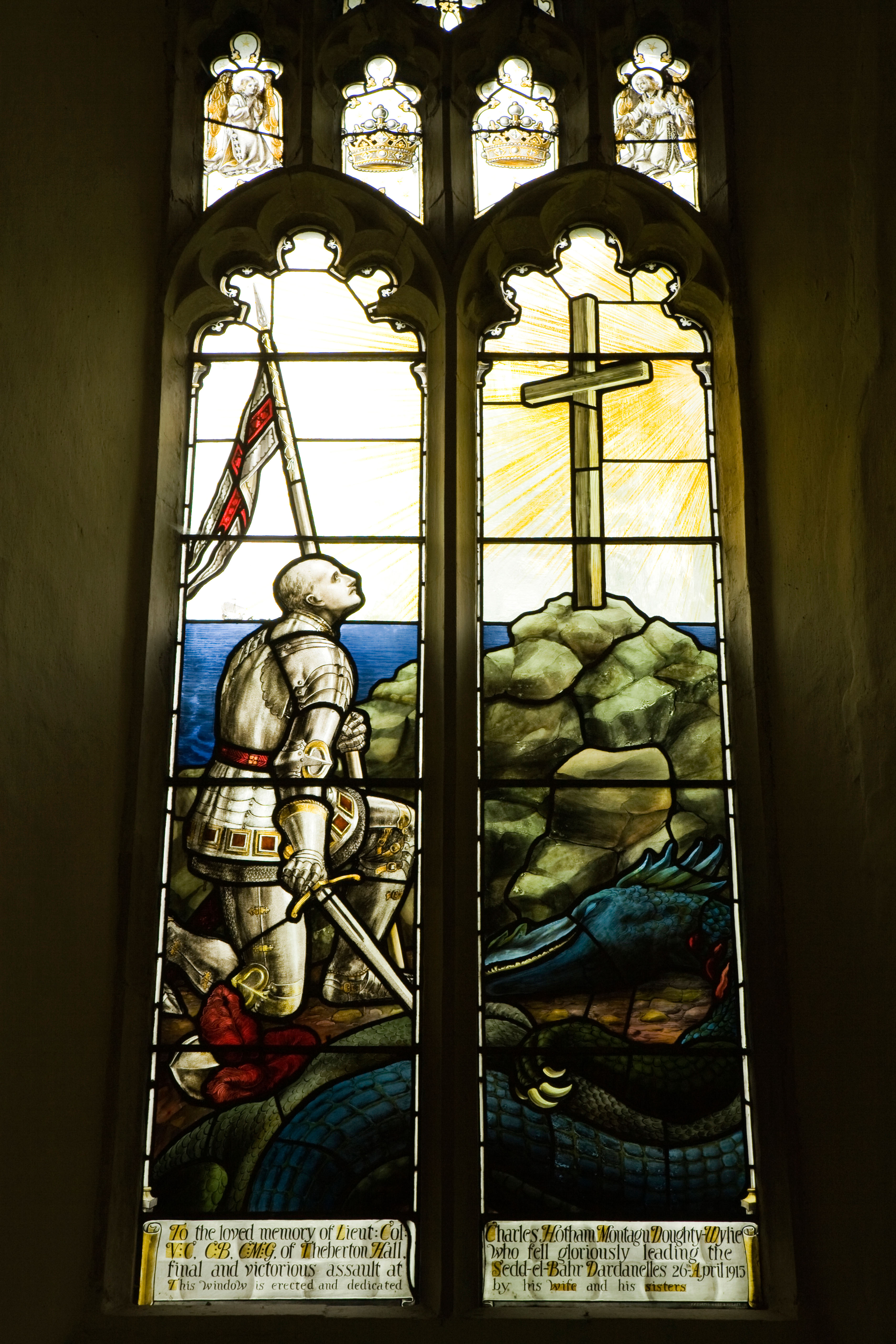
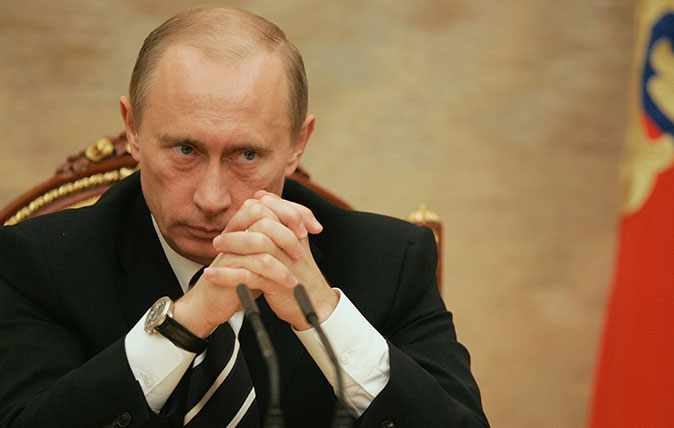
Credit: Alamy
Jason Goodwin: On wardrobes, spontaneous combustion and burning Vladimir Putin
Our columnist takes his life into his own hands by witnessing the ceremonial destruction of Russian premier Vladimir Putin.
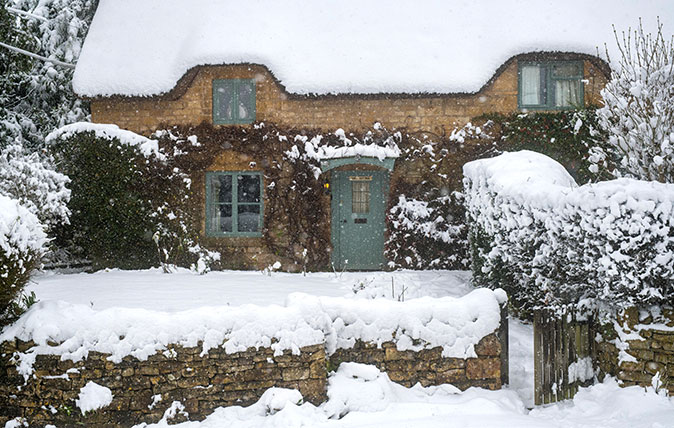
Credit: Tim Gainey / Alamy Stock Photo
Jason Goodwin: ‘The only sounds were the yawning of dogs, the spitting of logs in the fireplace and the occasional papery gulp of somebody turning a page’
Snowed in and without power, Jason Goodwin was left to live a medieval lifestyle that was rejuvenating and romantic... but
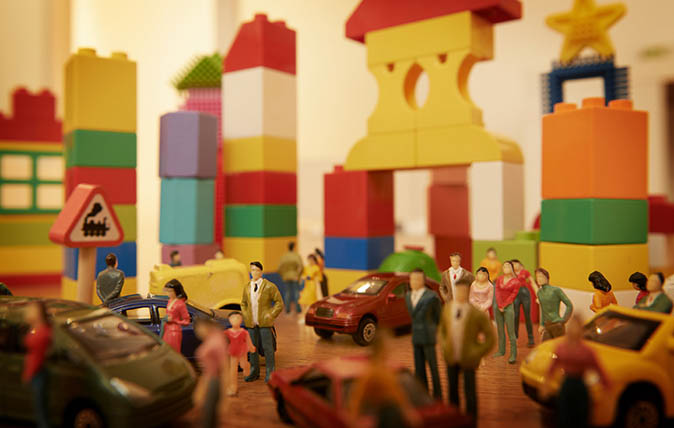
Jason Goodwin: ‘The washing-up is being done by a hulking fellow who, moments ago it seems, knelt on a chair at the kitchen table’
Jason Goodwin looks at his nearly-fully-grown children and wonders how it all came to this. (In a good way.)jas
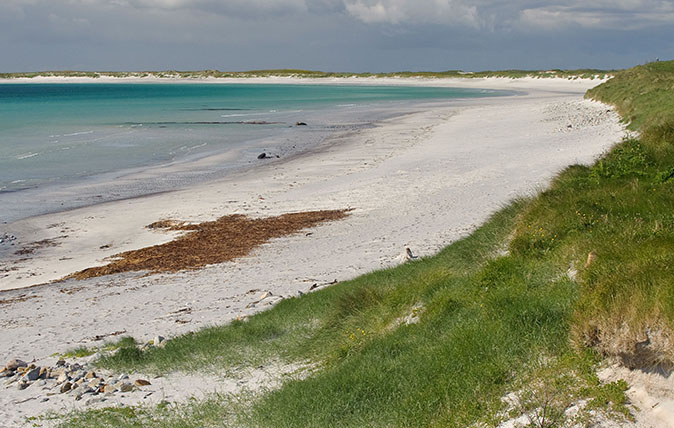
Jason Goodwin: The day the Germans tried French and English in Scotland
Still-fresh memories of the recent World Cup spark happy recollections for Jason Goodwin of a multi-national day in the Hebrides.
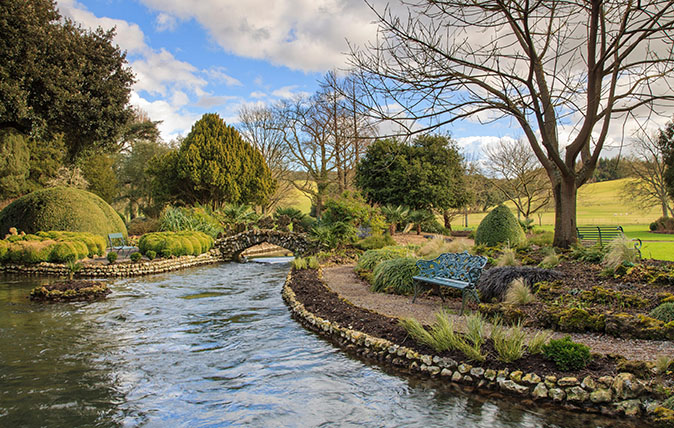
Jason Goodwin: 'The legal and democratic system that flourishes across a third of the world was hammered together on these shores'
Jason Goodwin reflects on the present's increasing ability to reflect on the past, whether through radio programs, photograph albums or